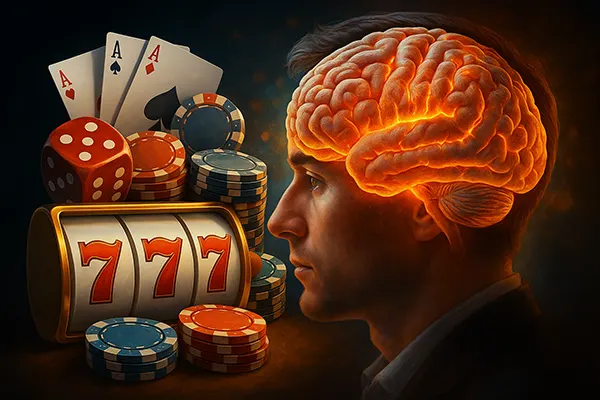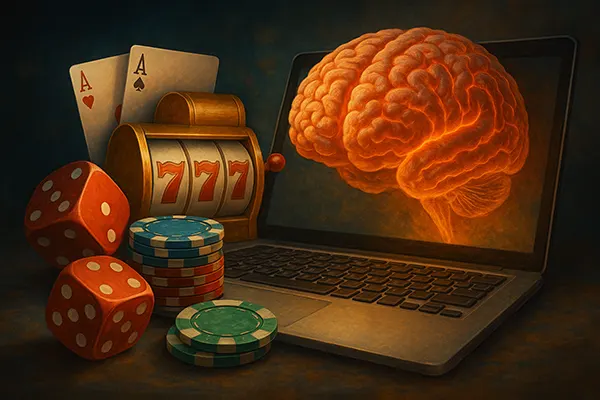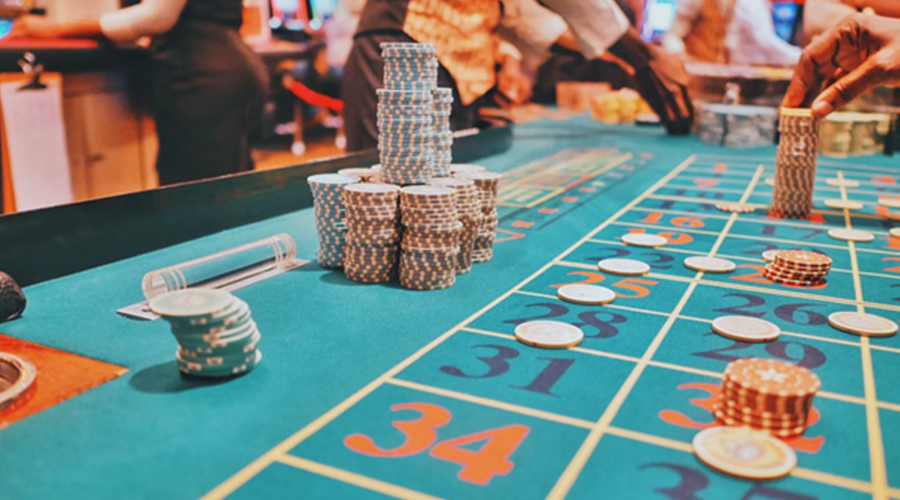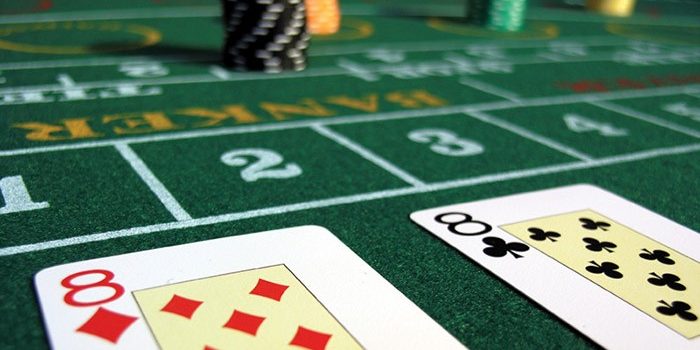
The Psychology of a ‘Heart-Thumping Moment’: What Happens in the Brain During a Big Win or Loss
Every gambler knows the intense rush that comes when the reels align or a bet lands in their favour. That instant of pounding heart and trembling hands is not just excitement — it’s a powerful biological and psychological reaction. In 2025, neuroscience provides more detailed insights than ever before into what happens in our brains during significant wins or devastating losses, explaining why those moments can feel so addictive and emotionally charged.
The Science Behind the Winning Rush
When a player secures a big win, their brain experiences a surge of dopamine — a neurotransmitter responsible for pleasure, motivation, and reward. Studies show that this release occurs even before the outcome is fully revealed, meaning the anticipation of victory alone is enough to trigger strong emotional responses. This explains why near-misses can feel almost as exhilarating as actual wins.
In addition to dopamine, adrenaline plays a critical role. This hormone increases heart rate, sharpens focus, and enhances alertness, creating the “heart-thumping” sensation gamblers describe. The body is temporarily primed for action, reinforcing the association between risk-taking and excitement. The more frequently this cycle repeats, the stronger the neural pathways become.
Recent fMRI research confirms that gamblers who experience frequent wins show heightened activity in the ventral striatum — the brain’s reward centre. Over time, this activity conditions the brain to seek repetition of the same stimulation, even if the logical part of the mind recognises the potential for loss.
Why the Brain Loves Uncertainty
Unpredictability is at the core of gambling’s psychological appeal. Unlike predictable rewards, uncertain outcomes activate the brain’s reward circuits more intensely, according to behavioural neuroscience studies conducted between 2023 and 2025. The human brain is wired to find uncertainty thrilling, which explains why games of chance can maintain interest for extended periods.
Gamblers often report a feeling of “flow” during intense play sessions. This mental state, where time seems to disappear, is associated with sustained dopamine levels and temporary suppression of stress responses. However, prolonged exposure to uncertainty can distort risk perception, making losses seem less significant in the moment.
Modern neuroimaging reveals that even when players lose, parts of the brain responsible for reward prediction remain active. This means the mind continues to crave the next opportunity to play, interpreting losses as temporary setbacks rather than deterrents.
The Emotional Toll of a Big Loss
While a win creates euphoria, a loss activates entirely different regions of the brain — particularly the amygdala, which governs fear and anxiety. The disappointment triggers a flood of cortisol, the primary stress hormone, leading to a sense of frustration or even anger. This physiological stress response can linger for hours or days, especially for players with high emotional investment in the outcome.
Psychologists note that this pattern mirrors emotional processing seen in traumatic experiences. The player’s mind replays the event repeatedly, analysing what went wrong and imagining how things could have turned out differently. Such cognitive loops often lead to impulsive attempts at “chasing losses” to regain control or restore emotional balance.
Long-term exposure to these emotional swings can alter the brain’s reward systems. Repeated cycles of winning and losing reshape neural connectivity, making it more difficult for players to experience pleasure from ordinary activities — a phenomenon known as hedonic adaptation.
How Players Can Regain Control
Understanding these mechanisms is key to developing healthier gambling habits. Responsible gaming strategies now emphasise awareness of emotional triggers and the importance of pausing during heightened excitement or frustration. Breathing techniques, mindfulness, and scheduled breaks can help reduce impulsive reactions.
Many European gaming operators in 2025 have integrated AI-based behavioural monitoring tools that detect risky patterns, such as rapid betting after losses or prolonged play sessions. These systems provide real-time alerts, encouraging users to reflect before continuing. Such measures represent a significant step forward in preventing harm through early intervention.
Professional therapy and cognitive behavioural approaches remain highly effective. They focus on helping players understand how emotional states influence decisions and provide strategies for replacing harmful behaviours with balanced coping mechanisms.

The Future of Gambling Psychology
As neuroscience advances, researchers are exploring how technology can be used to promote responsible play. Virtual reality simulations and neurofeedback systems are being tested to help players visualise their brain’s activity during gaming, offering new ways to manage impulses and stress in real time.
Gamification of responsible gaming — where healthy behaviour is rewarded — is gaining traction among European casinos and research institutions. Early studies suggest that when players receive positive reinforcement for taking breaks or setting limits, overall gaming satisfaction remains high while risk behaviour decreases.
By 2025, the psychological aspect of gambling is no longer viewed purely as a risk factor but as an opportunity for better player education and well-being. Understanding how our brains respond to winning and losing can transform the way individuals interact with games of chance, making the experience safer, more balanced, and more sustainable.
Developing a Healthier Relationship with Risk
Risk-taking will always be part of human nature, but learning how to manage it defines the difference between entertainment and harm. Awareness of biological responses allows players to approach gambling with clarity rather than emotion, reducing the chances of making impulsive choices.
Public health experts advocate for continued education and research collaboration between psychologists, neuroscientists, and gaming institutions. By sharing data and insights, they aim to develop comprehensive prevention frameworks that support emotional regulation and informed decision-making.
Ultimately, the “heart-thumping moment” will always remain part of the allure of gaming. Yet, with growing understanding of brain chemistry and psychological patterns, 2025 marks a new era — one where science helps balance excitement with self-awareness.



